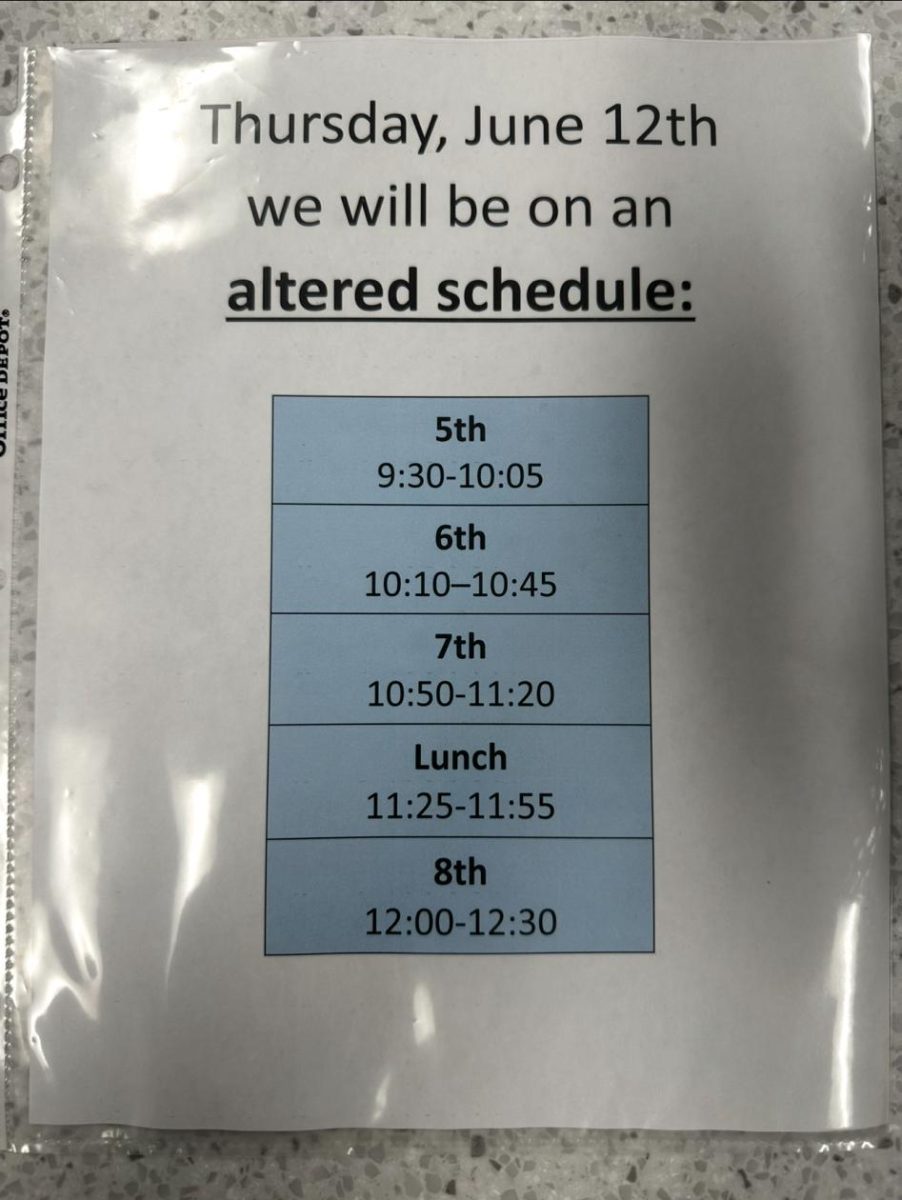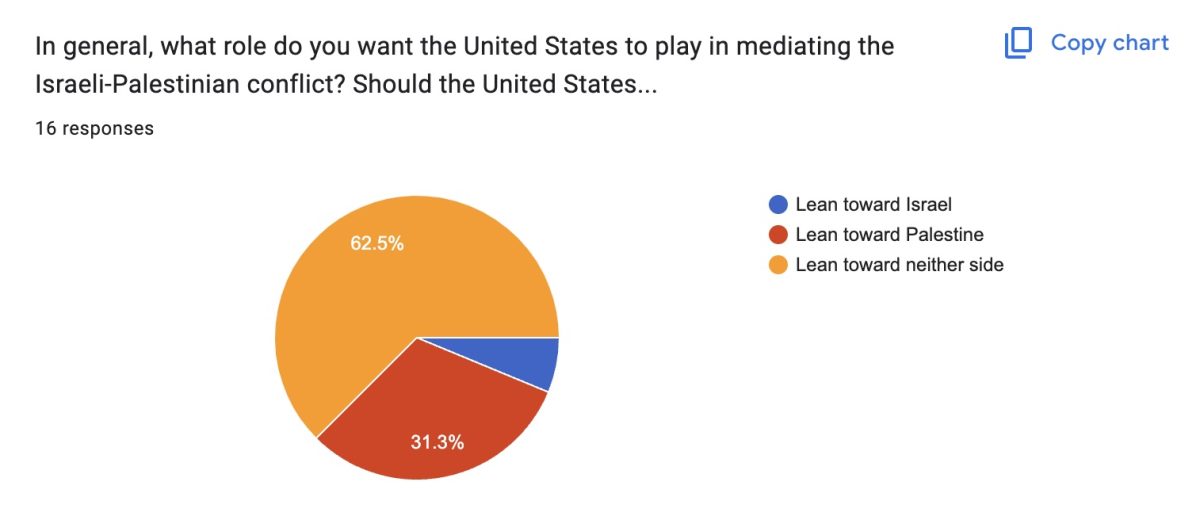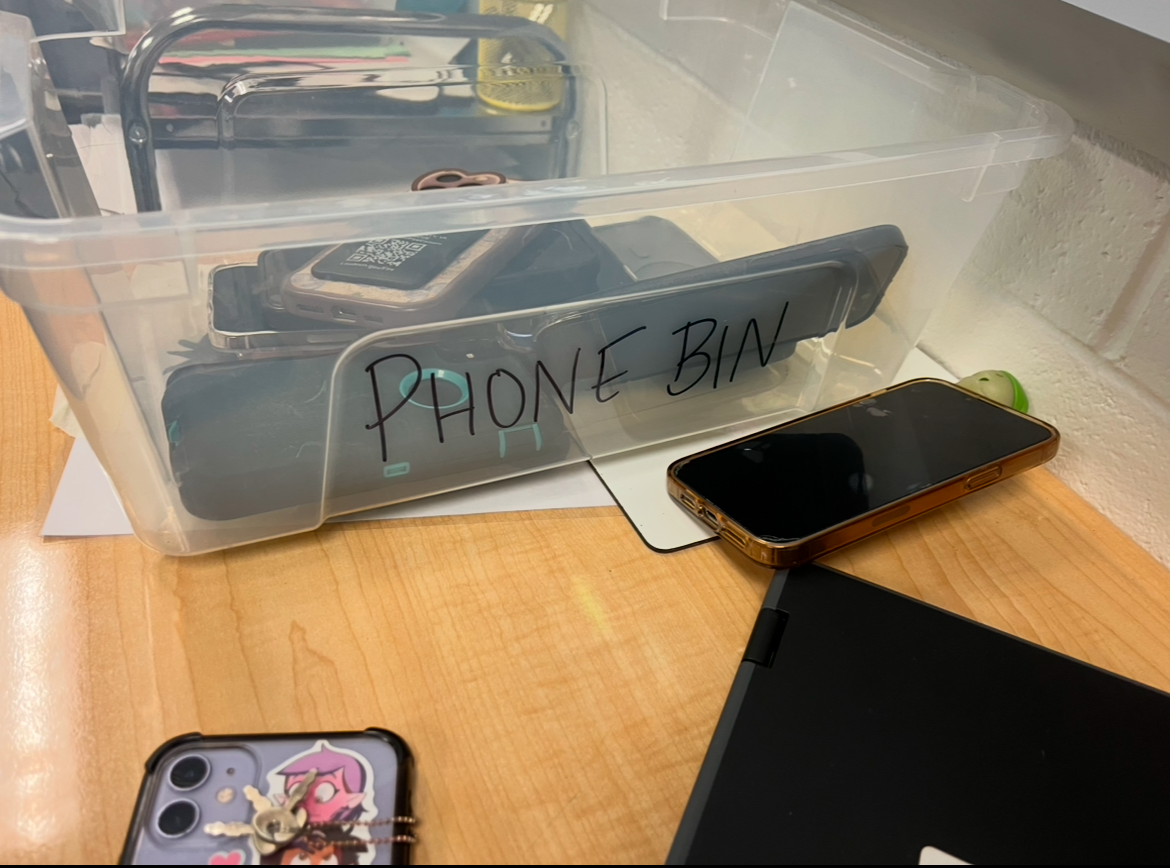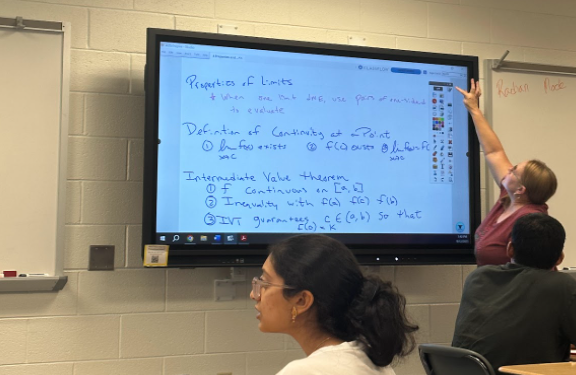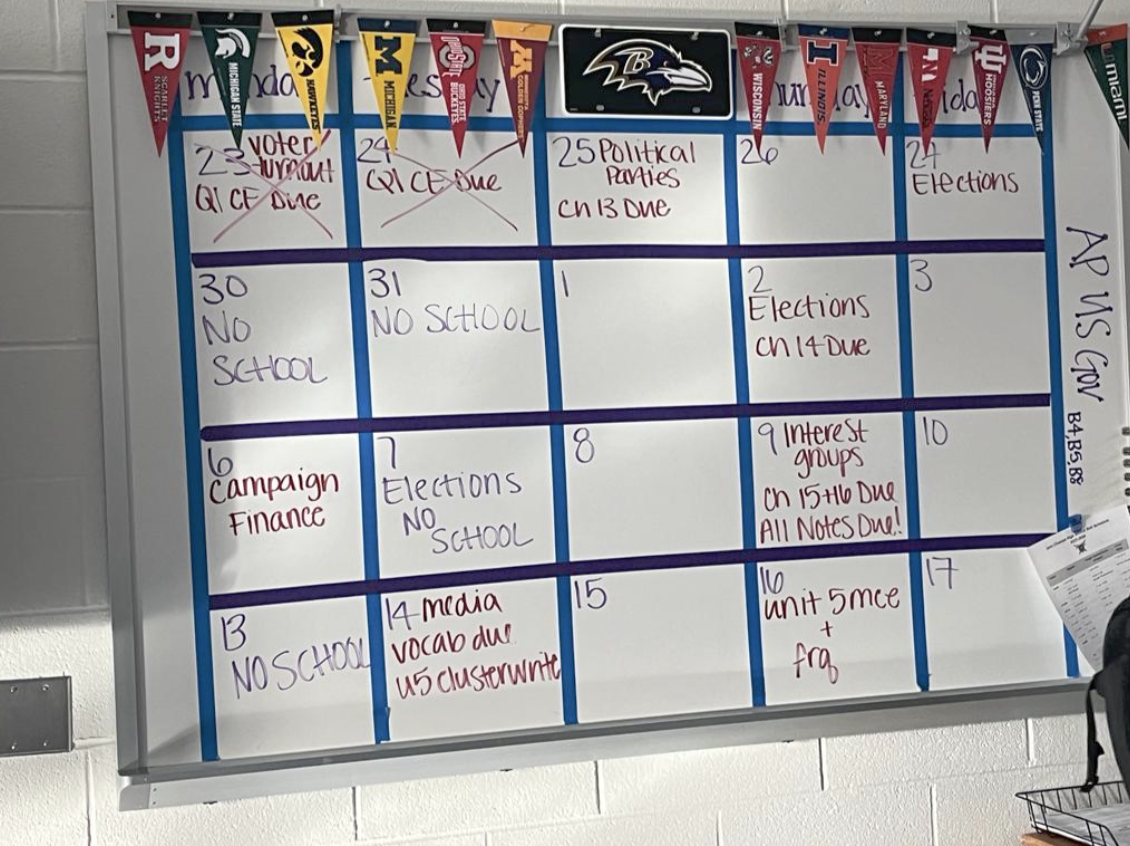Loudoun County’s policies were made to benefit the teachers and students. However, not everyone agrees that the policy is being implemented for the beneficial reasons it was meant to be.
The Loudoun County grading policy consists of the eligibility to retake an assessment, a 50-floor policy, and late-work consequences. These policies help students understand their content better and make sure students work harder to get a better grade. It also contains how assessments should be given and assessed by teachers.
“The belief that assessment of student learning is an essential component of the teaching and learning process. and assessment has the potential to motivate students and improve learning,” Loudoun County’s grading policy states. “Additionally, the policy seeks to establish a consistent approach to assessment and grading in all Loudoun County Public Schools.”
When implemented in schools, some teachers argue that certain parts of this policy contain unnecessary aspects. It only adds to their confusion and feels like a waste of time.
“I use minor summatives for assessments with a smaller point value, and they are not eligible for a retake in my class,” AP World teacher Ashley Allen said. “I don’t feel like I would need to use them though, if it wasn’t for the policy.”
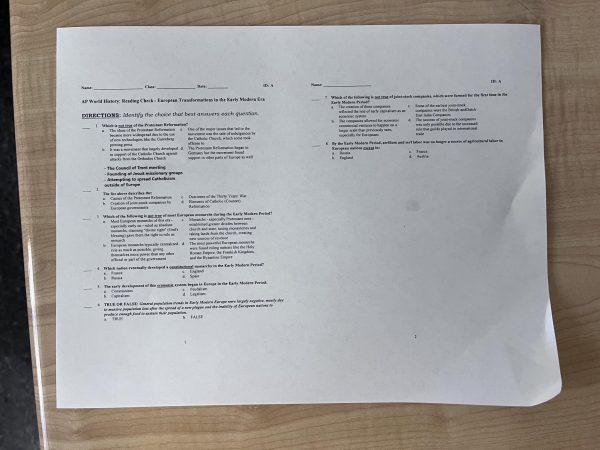
(Athulya Pujala)
Students also have their own opinions on the Loudoun County grading policy, and mention that while some of it helps them, other aspects of it hurt their grades.
“I like the concept of reassessment, as it gives me a second chance to get a better grade than I did before,” sophomore Priyanka Patel said. “ I don’t like minor assessments, because I think they usually bring down my grade.”
Policies that give students second chances at assessments could also give the idea that students are okay to fail their first attempt at an assessment, as they are given a second chance. Even if it could potentially bring their grades down further.
“Using the retake policy as a safety net to not work as hard on the initial attempt only pushes the problem further,” Allen said. “Eventually the student has to study anyway and it can cause problems in the future.”
However, other teachers disagree and believe that the graduation policy is quite beneficial. They believe that it highlights everything that teachers need in a grading policy and that no changes need to be made to it.
“I think the grading policy is helpful, because it outlines specifically what we have to do, rather than leaving it up to each teacher,” Intro to AP World History teacher Matthew Kupeski said. “It is easier to grade, as all teachers have to follow the same grading system or criteria.”

(Athulya Pujala)
Grading policies will continue to be revised and updated to match the needs of the education system as they continue to change as time passes. This way, the needs of all students and teachers get prioritized.
“I know that I am benefitting from this grading policy, ” sophomore Bhavishya Puthumbaku said, “But I know, for sure, that it could use some upgrades.”


